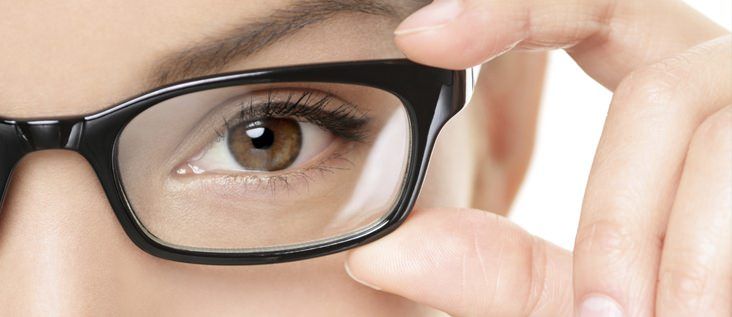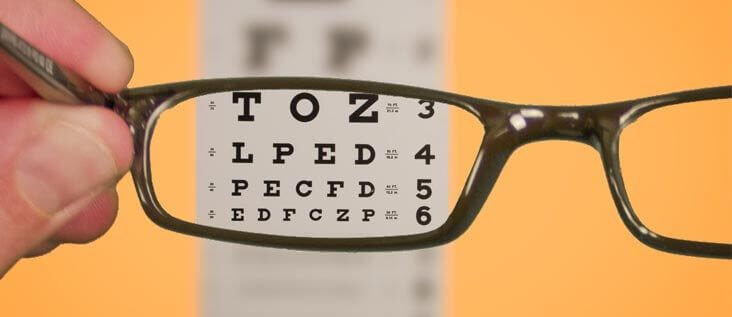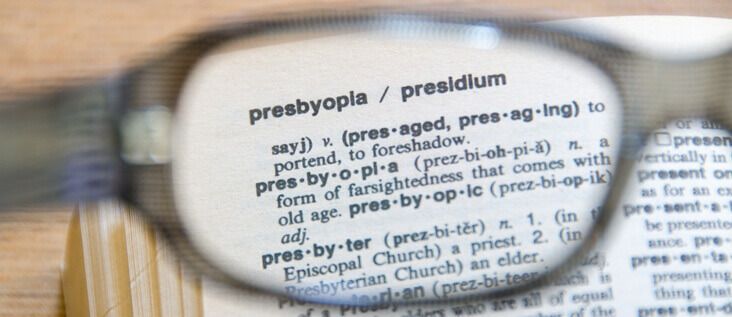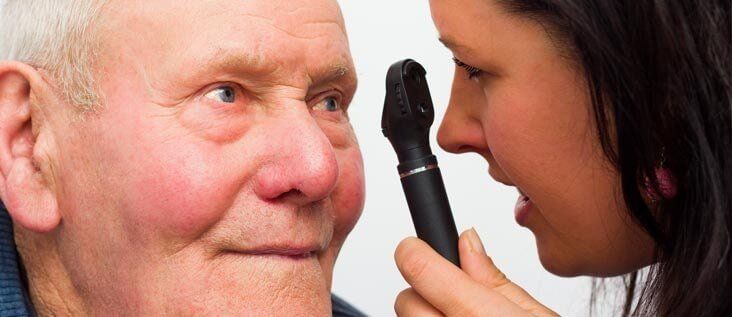Once you have chosen your frame, the next step is to decide what eyeglass lens will best meet your needs. The eyeglass lenses are the most important part of your new eyeglasses! As glass lenses are often no longer an option, plastic lenses are more the norm. 99% of all lenses dispensed in our office are a type of plastic. In our office, plastic lenses are recommended the majority of the time. Lens coatings and treatments are also offered as options on plastic lenses. Lens coatings help protect your eyes and the surface of the lens. We offer many different types of plastic lens coatings and treatments in our office, but really, what makes all these coatings different?










